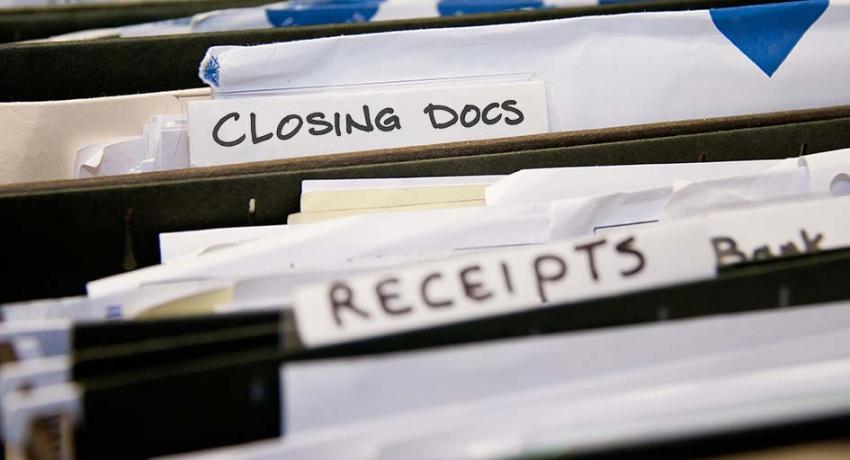Closing Documents to Keep After Buying a House
After buying a home, there are closing documents that you should keep. These documents are crucial for future reference. That means they are important for your review or for use in case you decide to file a claim. Most documents are generally in a digital form. That means your transaction coordinator or realtor may send them to you via email or provide a link where you can download them. Once you have downloaded these documents, you can store them in a flash disk, CD, or computer. Here are some of the closing documents that you should keep after buying a home.
Purchase Agreement
This is home sale or purchase contract. It sets forth the conditions and terms for closing the deal. It is a document that is signed by all parties once the buyer accepts to purchase a home at an agreed price.
Amendments, Riders, and Addendums
Anything that amends or alters the terms stipulated in a purchase contract is very important. These are documents that clarify for instance the spelling of the buyer’s or seller’s name as well as the title name. It can also clarify the street address.
Repair Requests
Any contract or monetary agreement for the repair of a home is important. Repair addendums for instance specify the nature of the work to be done. They also indicate whether a permit will be required for the completion of the work or a licensed contractor will do the job.
Seller Disclosures
These include lead-based paint, material facts, and disclosure statement for transfer. They may also include written warranties, disclosures, and guarantees that are provided by the seller. These documents provide a basis for future lawsuits if needs arise.
Home Inspection Report
This provides findings of the home inspector in a summarized form. The report points out items that are in proper conditions and items that need replacement or repair. It should also include photos. It’s important that you have a copy of the inspection report in a CD just in case you lose data if a computer crashes.
Home Warranty
This document includes contact information to use when scheduling repairs and a policy number. It also outlines items that are covered by the warranty plan as well as things that it does not cover.
Closing Disclosure
This document includes all estimated costs. These are generally spelled out in a way that is difficult to understand. Nevertheless, ask questions if you need clarification about the included fees.
Closing Statement
This contains credits and official charges of the home purchase. You need this document when filing personal taxes because it may have tax deductible items. The closer will most probably certify the closing statement.
Deed
This refers to the title transfer file that is returned after placement in public records. It contains the seller’s name, status of the title, and legal description of the property.
Basically, you will sign many documents during the home closing process. Though you may not have enough space to store all closing documents, it’s important that you keep some of them after buying a home.
